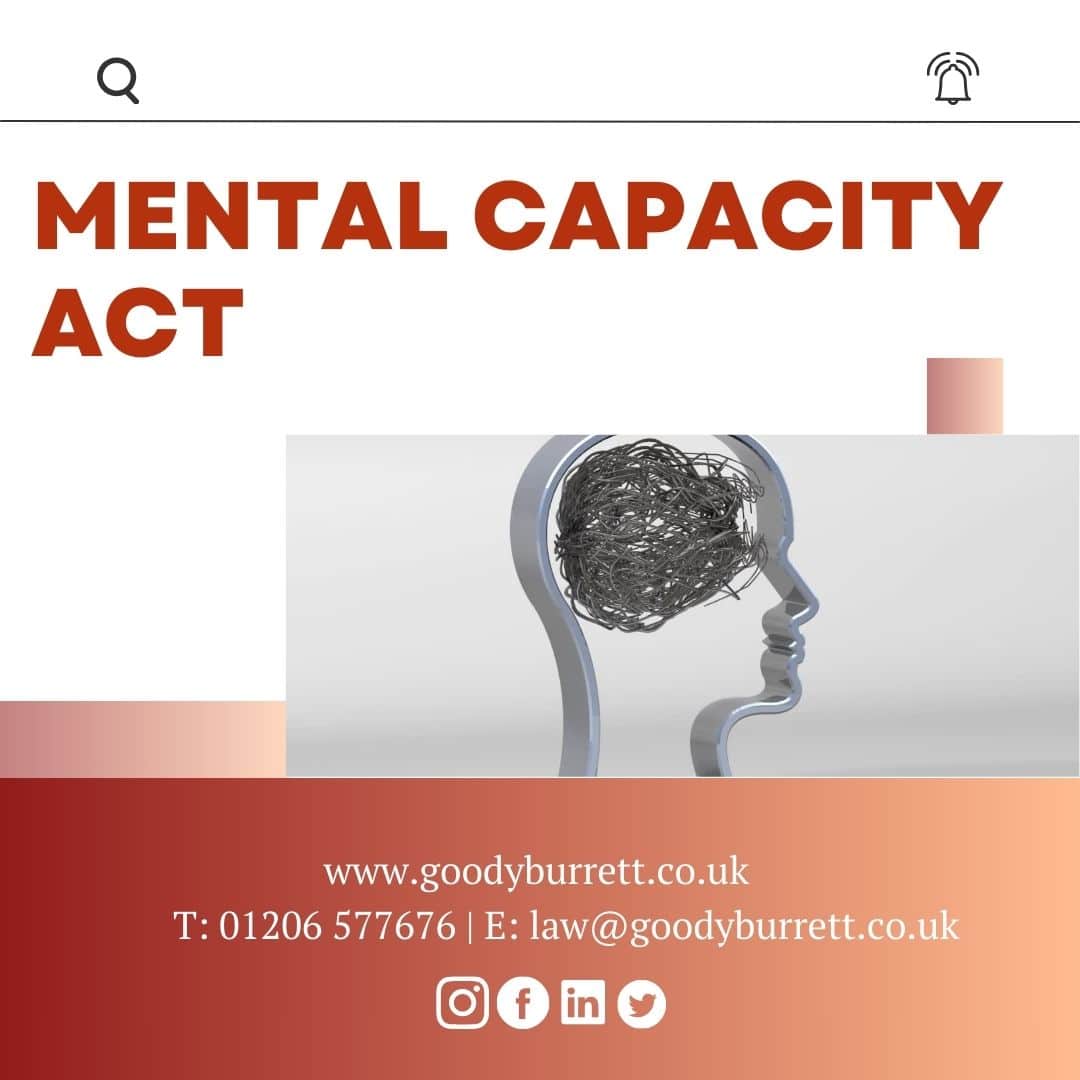The Mental Capacity Act 2005 (MCA) is a fundamental piece of legislation in the United Kingdom that safeguards the rights and welfare of individuals who may lack mental capacity. Enacted to provide a legal framework for decision-making on behalf of those unable to make their own decisions, the MCA is underpinned by several key principles. In this blog, we will explore the importance of these principles and how they impact the lives of vulnerable individuals.
- Presumption of Capacity
The first key principle of the MCA is the presumption of capacity. This principle highlights that every person is presumed to have the capacity to make decisions unless it can be proven otherwise. This is fundamental in maintaining an individual’s independence and avoiding unnecessary restrictions. It ensures that decision-making processes start with the assumption that individuals can make choices about their own lives.
- The right to be supported when making decisions
This principle of the MCA lay emphasis on the importance of supporting individuals in making their own decisions. Even if a person lacks capacity for a specific decision, efforts should be made to enable them to participate as fully as possible in the decision-making process. This may involve providing information in an accessible format, using communication aids, or involving advocates to represent the person’s wishes.
- An unwise decision cannot be seen as a wrong decision
This principle acknowledges that individuals have the right to make unwise decisions. Capacity is not determined by whether the decision made is considered wise by others; rather, it focuses on the person’s ability to understand the decision and its consequences. This principle reinforces the importance of respecting a person’s choices even if they are unconventional.
- Best Interests must be at the centre of all decision making
This principle centres on making decisions in the individual’s best interests. When someone lacks the capacity to make a specific decision, the MCA requires that any actions taken, or decisions made on the person’s behalf must be in their best interests. This principle places a significant emphasis on considering the person’s wishes, feelings, beliefs, and values, as well as consulting with relevant parties, such as family and healthcare professionals. It ensures that the individual’s rights and well-being remain the central focus.
- Least Restrictive Option
The MCA promotes the least restrictive option as a key principle. This means that any action taken, or decision made on behalf of a person who lacks capacity should be the least restrictive option possible. This principle discourages unnecessary restrictions or interventions, encouraging the exploration of alternative solutions that respect the individual’s independence and minimise interference in their life.
The Mental Capacity Act 2005 is a essential piece of legislation that protects the rights and well-being of individuals who may lack capacity. Its key principles, including the presumption of capacity, best interests, least restrictive option, unwise decisions, and supporting decision-making, are essential for upholding the dignity and autonomy of those it serves. By adhering to these principles, society can ensure that vulnerable individuals receive the care and support they need while respecting their rights and choices.
The Private Client Team advise clients on matters regarding capacity every day. Should you need to speak to one of the team, you can contact them on 01206 577676.
For more information
Contact us on 01206 577676 or you can email [email protected]

